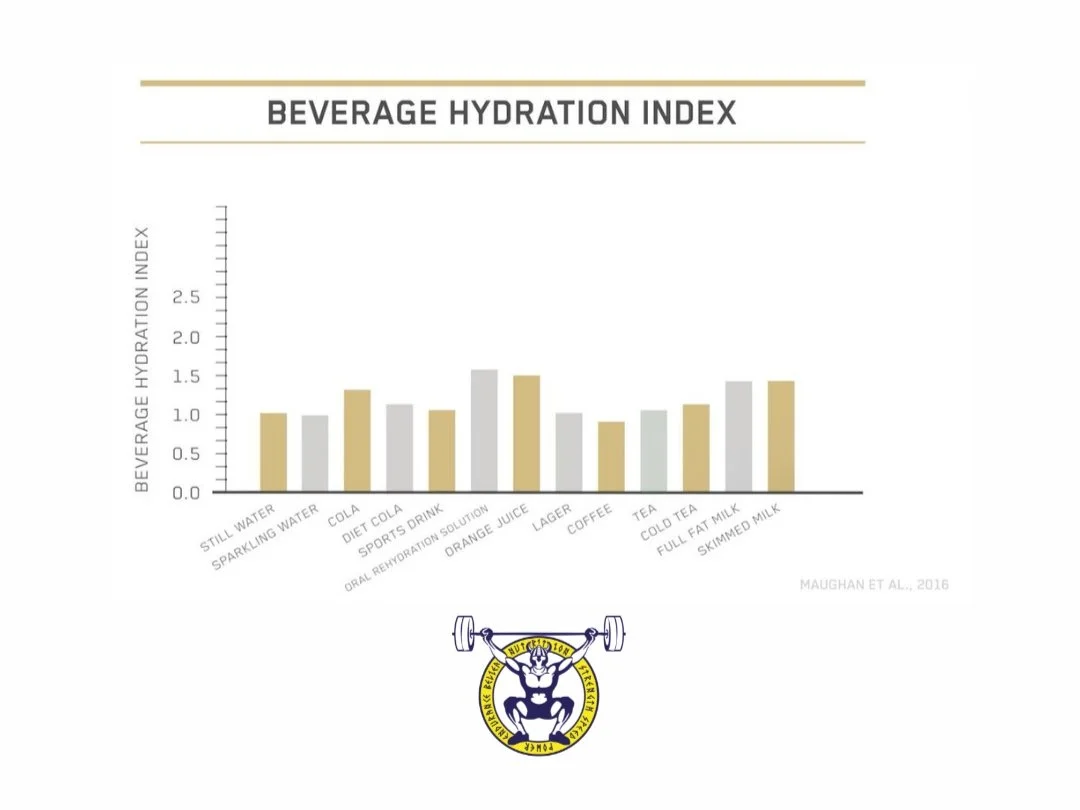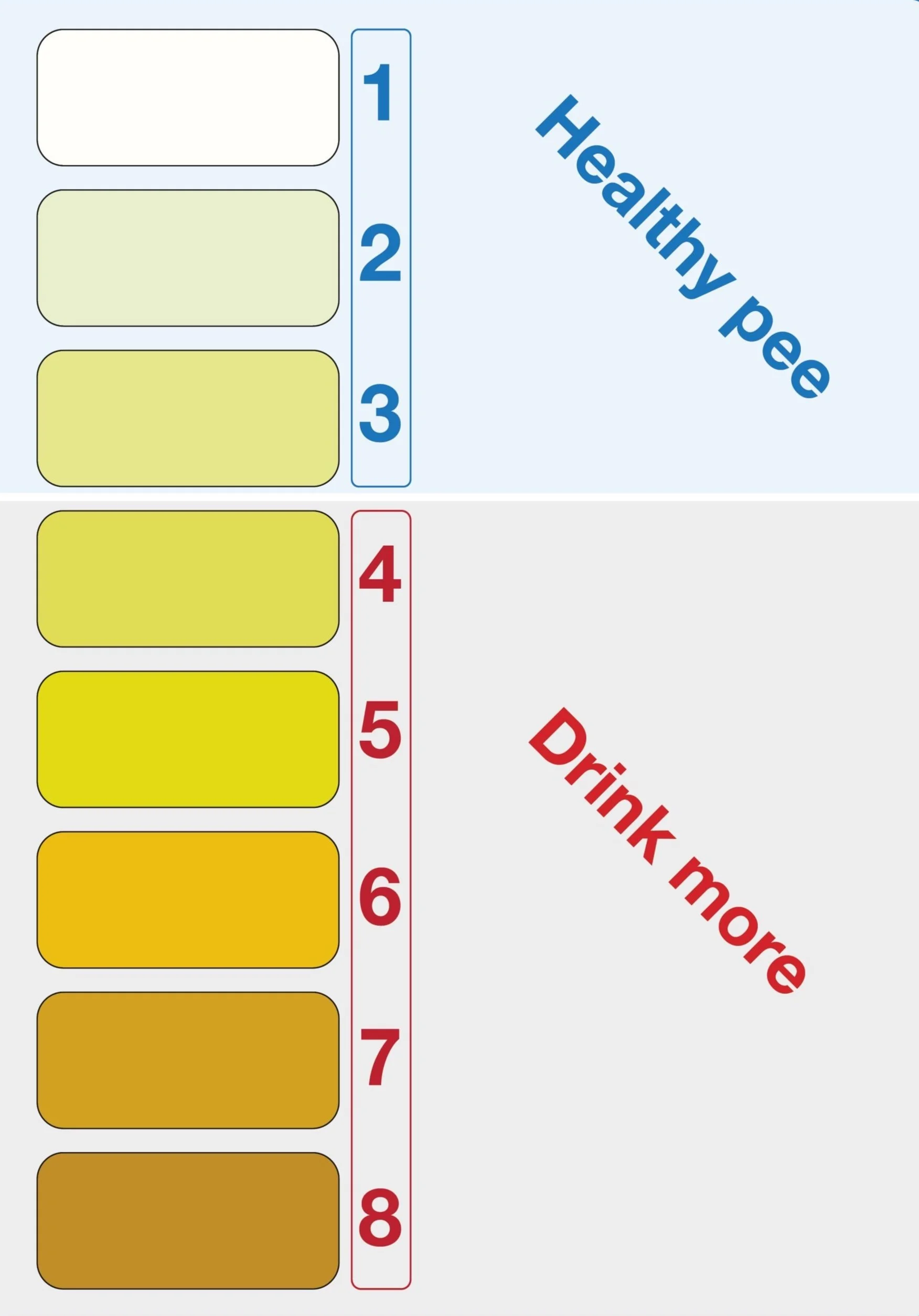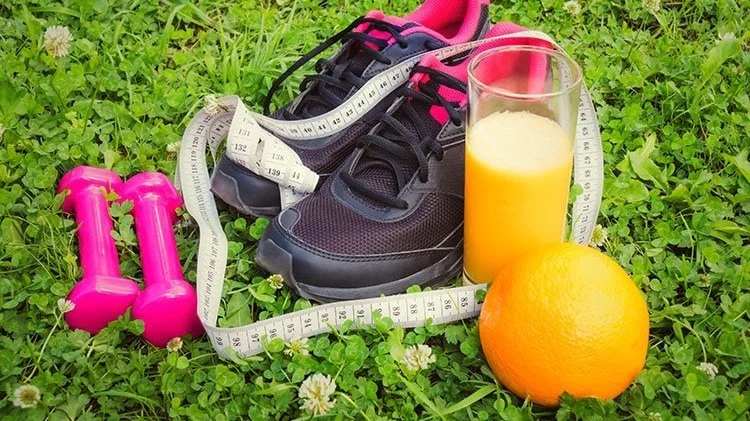
Performance Articles
Hydration & Performance
Why Hydration Matters (Even If You Think You Know It Already)
Staying hydrated isn’t sexy. It doesn’t get likes on Instagram. It doesn’t come with a badge of honour like hitting a deadlift PB. But if you train hard and want to actually perform well, it matters more than you probably think.
Author: Adam Johnston
Reading Time: 5 mins
Date: 26th June 2025
Tags: #Training #Strongman #OlympicWeightlifting #Strength #Hydration #Performance
Key Points:
Dehydration negatively affects performance more than most lifters realise
A 2% drop in bodyweight from sweat can impair both physical and mental capacity
Practical hydration tips include urine colour checks and weighing before/after sessions
Optimal hydration strategies depend on session duration and intensity
Chart taken from NHS Reform
The Boring Bit You Should Still Read
Look, I’m not saying you don’t know water is important. You’re all smart people.
Most of you.
But how often do you actually think about hydration when it comes to your training?
You train. You sweat. You lose fluids. Obvious, right?
If you’re a big lifter or well-conditioned, you probably sweat more than most. So if you’re walking into the gym already dehydrated, don’t be shocked when your session feels like garbage.
Mild dehydration affects:
Blood flow to the skin
Heat regulation
Core temperature
Cardiovascular strain
How hard the session feels (RPE)
That’s a cocktail for a pretty average training day.
And we’re not even getting into the long-term health stuff.
Now, the More Interesting Stuff
Lose 2% of your body weight through sweat, and your performance will noticeably drop. Lose 5%? Work capacity drops by 30%. That’s massive. And 5% is borderline critical, by the way. Don’t go there.
Hydration affects not just physical output, but mental performance too. So if your sport requires quick thinking and reaction? Being dry makes you slow and dumb. Explains a few powerlifters I know.
How Do You Know You’re Dehydrated?
You could go high-tech and use a refractometer. But let’s be real, no one’s pissing into lab equipment mid-session.
Stick with the basics:
Urine colour chart, pale straw is the goal
Weigh yourself pre and post-session to estimate fluid loss
It’s not perfect, but it’ll give you a ballpark. If you’re dropping a kilo or more in a session, you need to drink more.
So, What Should You Actually Drink?
Water. Obviously.
But if you’re training for longer than an hour? Consider:
Isotonic sports drinks
Orange juice
Why? They contain carbs, which help performance over longer durations.
Training over three hours? You’re a lunatic, and you’ll also need electrolytes.
Practical Application & Takeaways
Start your session hydrated
Drink during longer sessions (especially over 60 mins)
If it tastes good, you’ll drink more. So pick something palatable
Replace what you lose: for every 1kg of bodyweight lost in sweat, drink 1.5L of fluid over the next few hours
Pro tip: Weigh yourself a couple of times before and after training to get a rough sense of your sweat loss per session.
Final Thoughts
It’s not fancy. It’s not new. But it’s easy to forget.
Hydration matters. A lot. And if you want to perform better, feel better, and maybe even recover faster? Don’t sleep on it.
Also, dehydrated athletes show higher cortisol levels, not exactly what you want when you’re trying to get jacked.
Fun fact time:
Water makes up 40 to 75% of your body
22% of your bones
75% of your brain
83% of your blood
Up to 75% of your muscle
So yeah. Drink up.
About the author
Adam is a strength coach and the Head Coach of Savage Strength.
He helps lifters get brutally strong through simple, effective training with a speciality in Olympic Weightlifting and Strongman.
If you want coaching tailored to you and your goals, let’s get started with personalised programming designed to get you stronger.




